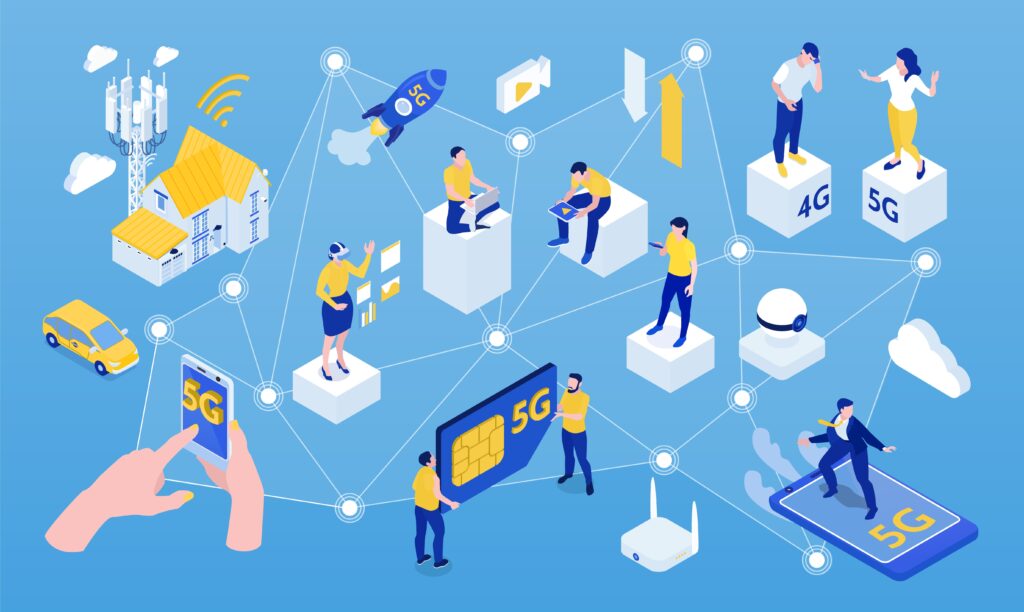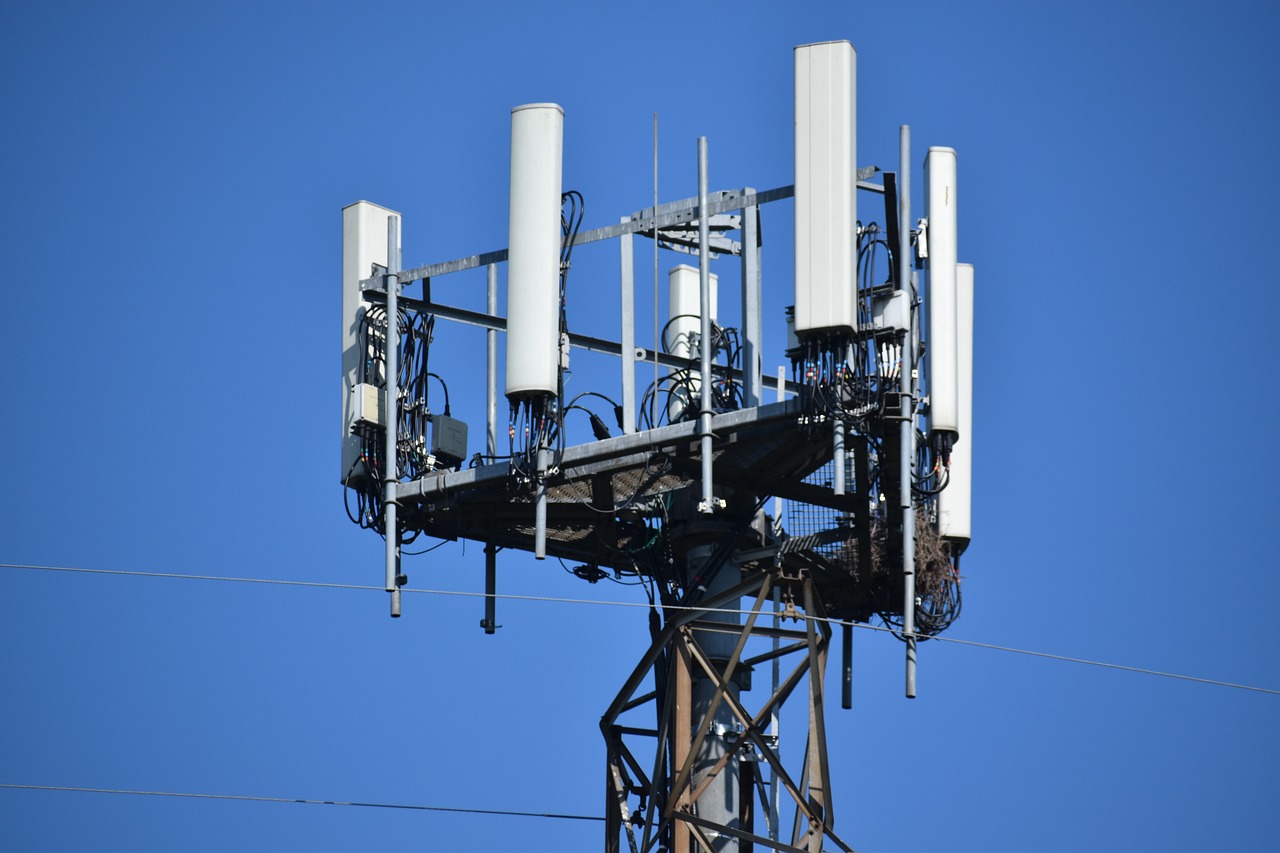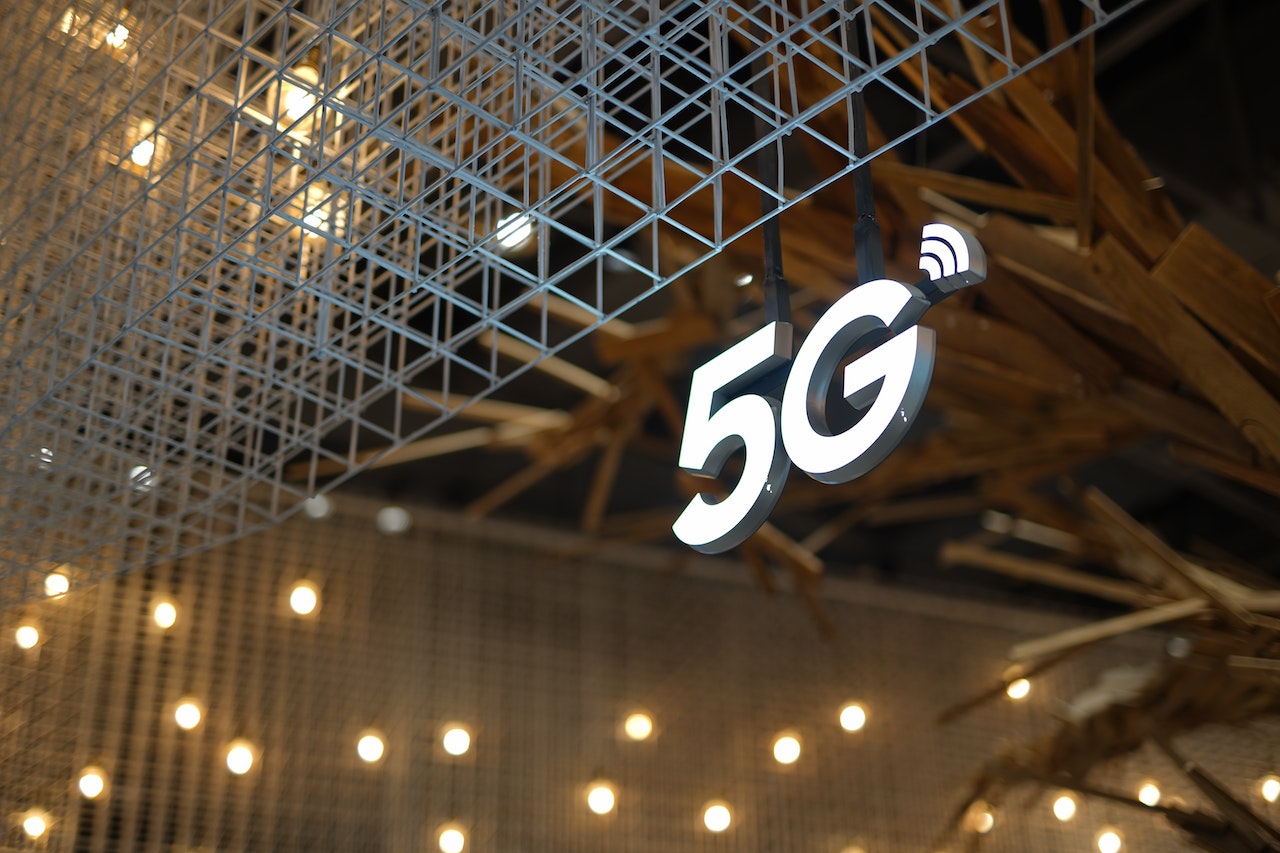The rollout of 5G technology has been a major topic of discussion in the tech industry for several years now, with its promise of faster download speeds and improved network reliability. But what impact will this new technology have on cable TV and high-speed internet providers?
To understand the potential impact of 5G on these industries, it’s important to first understand what 5G is and how it works. In simple terms, 5G is the fifth generation of wireless technology and is designed to provide faster and more reliable internet connectivity. Unlike previous generations, 5G operates on a higher frequency, which allows for more data to be transferred at faster speeds.
One potential impact of 5G on cable TV providers is the potential for cord-cutting. As 5G networks become more widespread, consumers may find that they can get all the entertainment they need from streaming services and other online content, without the need for traditional cable TV packages. This could lead to a decrease in demand for cable TV services, which could impact the revenue of cable TV providers.
However, cable TV providers are not sitting idly by while 5G technology advances. Many providers are now offering their own streaming services to compete with the likes of Netflix and Hulu. By offering exclusive content and special deals for bundling with their high-speed internet packages, cable TV providers hope to keep customers engaged and subscribed to their services.
On the other hand, the impact of 5G on high-speed internet providers is expected to be more positive. With faster internet speeds and improved reliability, 5G technology will allow for a more seamless online experience for consumers. This will enable internet service providers to offer more advanced services such as virtual and augmented reality, which require a significant amount of bandwidth.
Another potential benefit of 5G for high-speed internet providers is the ability to expand their services into rural areas. With traditional wired internet, it can be costly and difficult to extend service to remote areas. However, 5G technology uses small cell sites, which can be installed in more locations, making it easier to provide internet access to areas that were previously underserved.
Of course, the adoption of 5G technology will not happen overnight. The deployment of 5G networks requires significant investment in infrastructure and technology, and it may take several years before the technology is widely available. In the meantime, cable TV and high-speed internet providers will need to continue to innovate and adapt to changing consumer demands.
In conclusion, the impact of 5G technology on cable TV and high-speed internet providers is complex and multifaceted. While it may lead to decreased demand for traditional cable TV packages, it also provides opportunities for cable TV providers to offer their own streaming services and for high-speed internet providers to expand their services into previously underserved areas. As the rollout of 5G continues, it will be interesting to see how these industries adapt and evolve to meet the changing needs of consumers.








